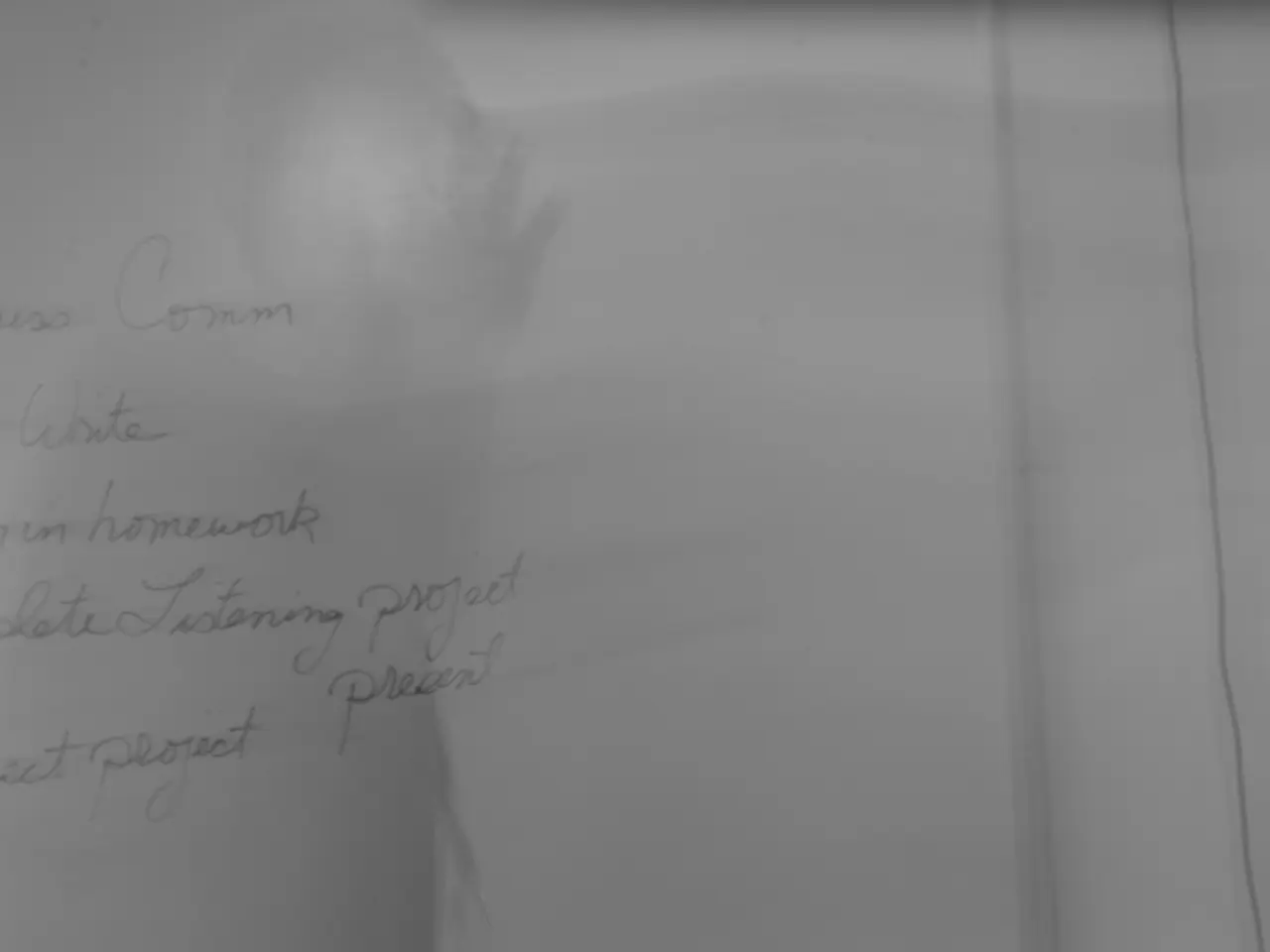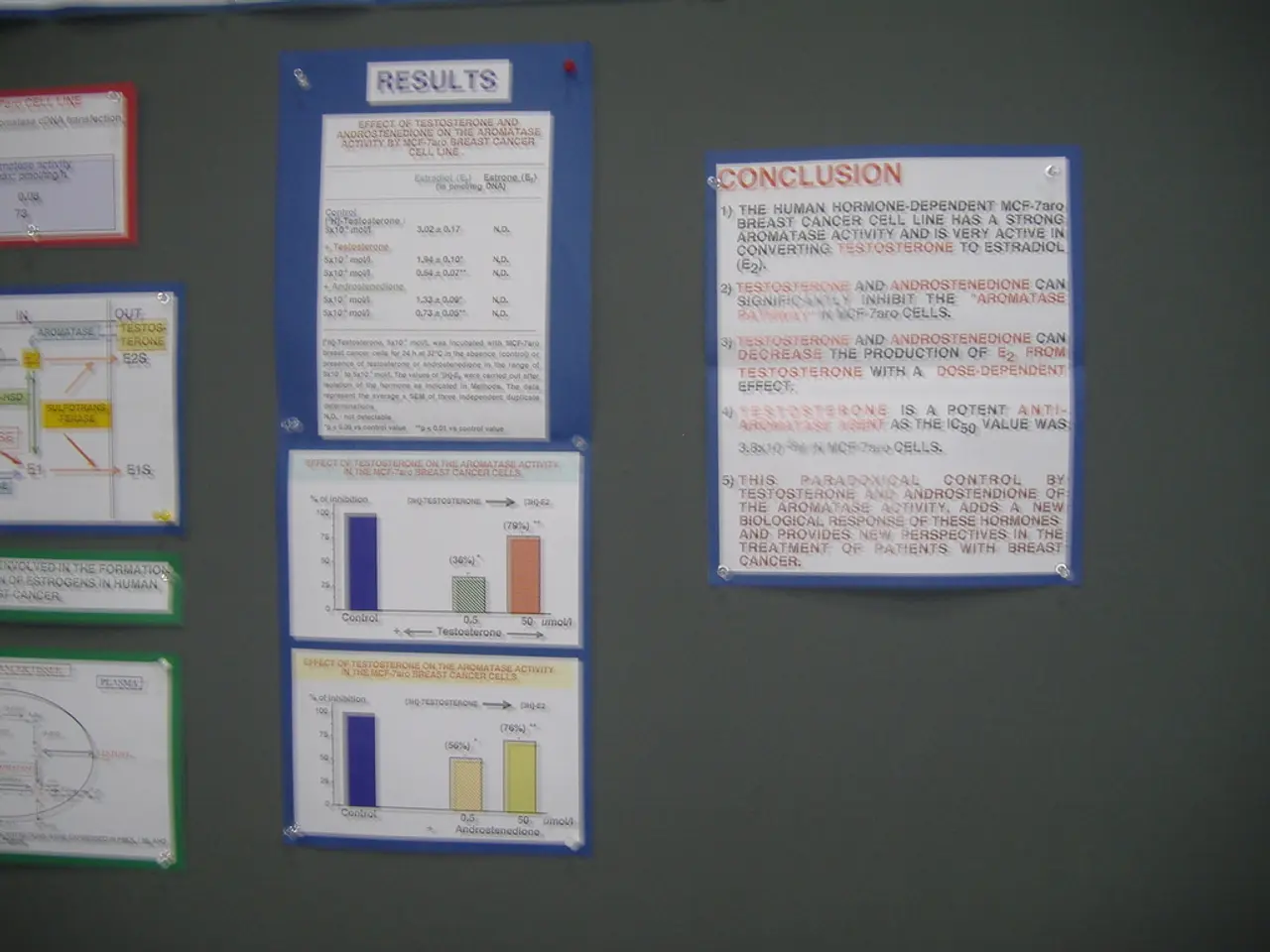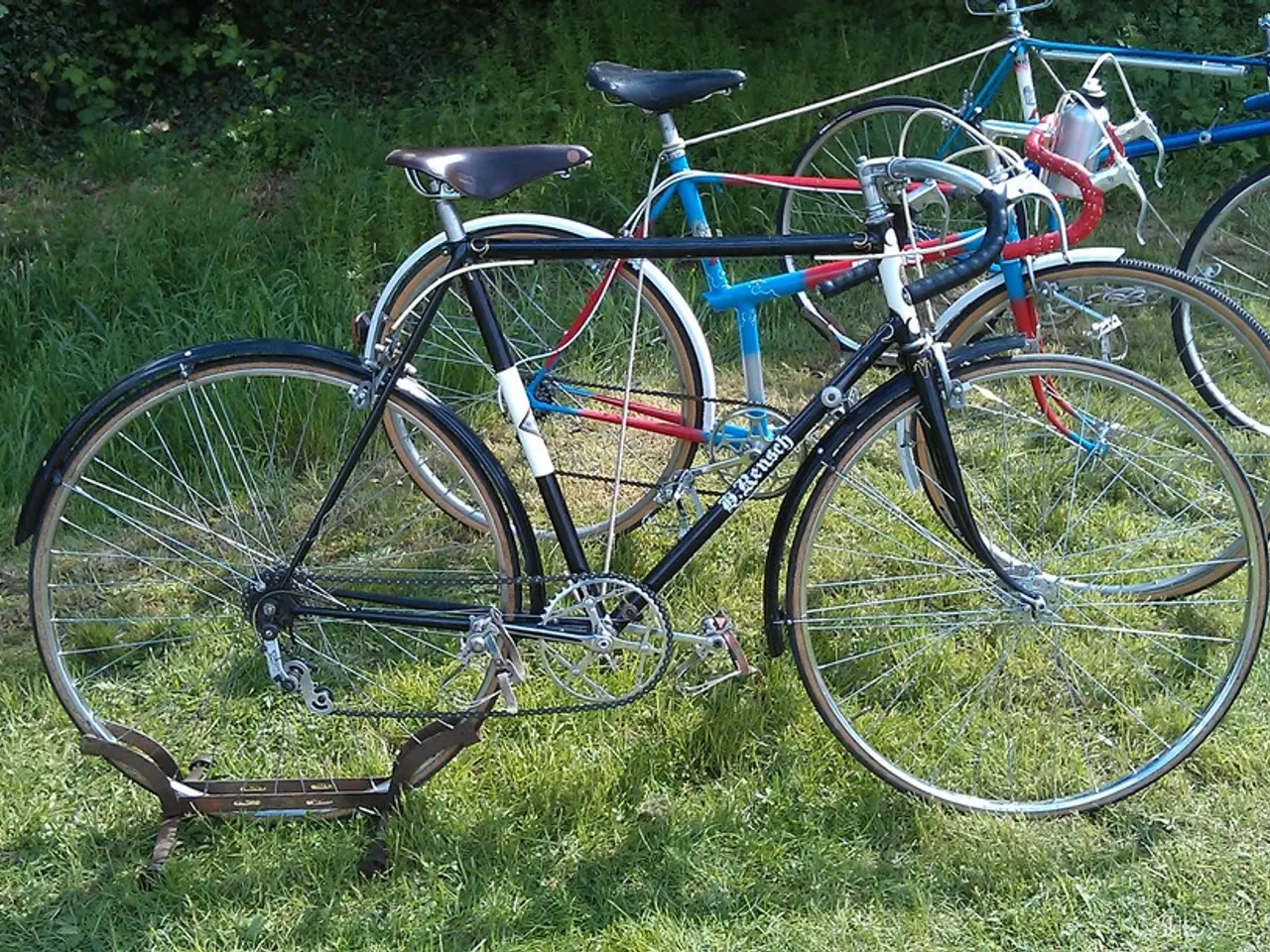Critique mounting over the progress of the North Rhine-Westphalia Tariff Bill
In the heart of Germany, North Rhine-Westphalia (NRW) is grappling with the implementation of its Tariff Loyalty Law. This law, designed to ensure that companies adhere to collectively agreed wages and working conditions when participating in public contracts, is a contentious issue that has sparked debate among trade unions, employers, and political fractions.
According to figures provided by the Hans Böckler Foundation, only half of the employees in NRW are currently paid according to collective agreements. This is a significant departure from the past, as around 30 years ago, 82 percent of employees in the region were covered by such agreements.
The German Trade Union Confederation (DGB) has been vocal in its demand for the implementation of a tariff loyalty law, aiming to safeguard fair wages for workers. However, the Employers' Association NRW argues that the law interferes with the established tariff autonomy and could lead to massive bureaucracy and additional complexity in public procurement.
The SPD fraction in NRW has been critical of the lack of a time plan for the implementation of the law. Their spokesperson, Lena Teschlade, has expressed concern about the current situation. In contrast, the NRW Minister of Labor, Karl-Josef Laumann, has stated that it cannot yet be said when the law will be introduced in the state parliament.
The proposed law, scheduled to be adopted by the federal cabinet in August and by the Bundesrat later in the year, aims to prevent wage dumping, a significant issue identified by trade unions in NRW. However, many companies bound by tariffs in the region do not apply for public tenders due to competition from employers with lower labor costs.
The radio program "Maximal flexible or simply exploited?" has been discussing the role and impact of works councils in NRW, a topic closely linked to the Tariff Loyalty Law. There is also a call to subscribe to a newsletter for political news in NRW for those who wish to stay updated on the progress of the law.
As of August 2025, there are no specific details or statements available regarding the current progress, concerns, or criticisms surrounding the implementation of NRW's Tariff Loyalty Law from either trade unions or employers. This absence of information underscores the need for continued monitoring and updates as the law moves forward.
For those seeking detailed and current information, it is recommended to consult specific governmental releases from NRW, trade union statements, or employer association publications after August 2025.
- The ongoing debate about the Tariff Loyalty Law in North Rhine-Westphalia (NRW) extends to the realm of politics, with the SPD fraction critical of the lack of a timeline for its implementation and the NRW Minister of Labor giving no definitive date for its introduction.
- In the realm of business, many companies bound by tariffs in NRW refrain from participating in public tenders due to competition from employers with lower labor costs, contributing to the issue of wage dumping that the Tariff Loyalty Law aims to address.
- As the adoption of the Tariff Loyalty Law by the federal cabinet is scheduled for August and by the Bundesrat later in the year, concerned citizens can stay updated on the progress of the law by subscribing to a newsletter for general news in NRW or by following policy-and-legislation related news in finance and business sectors.




